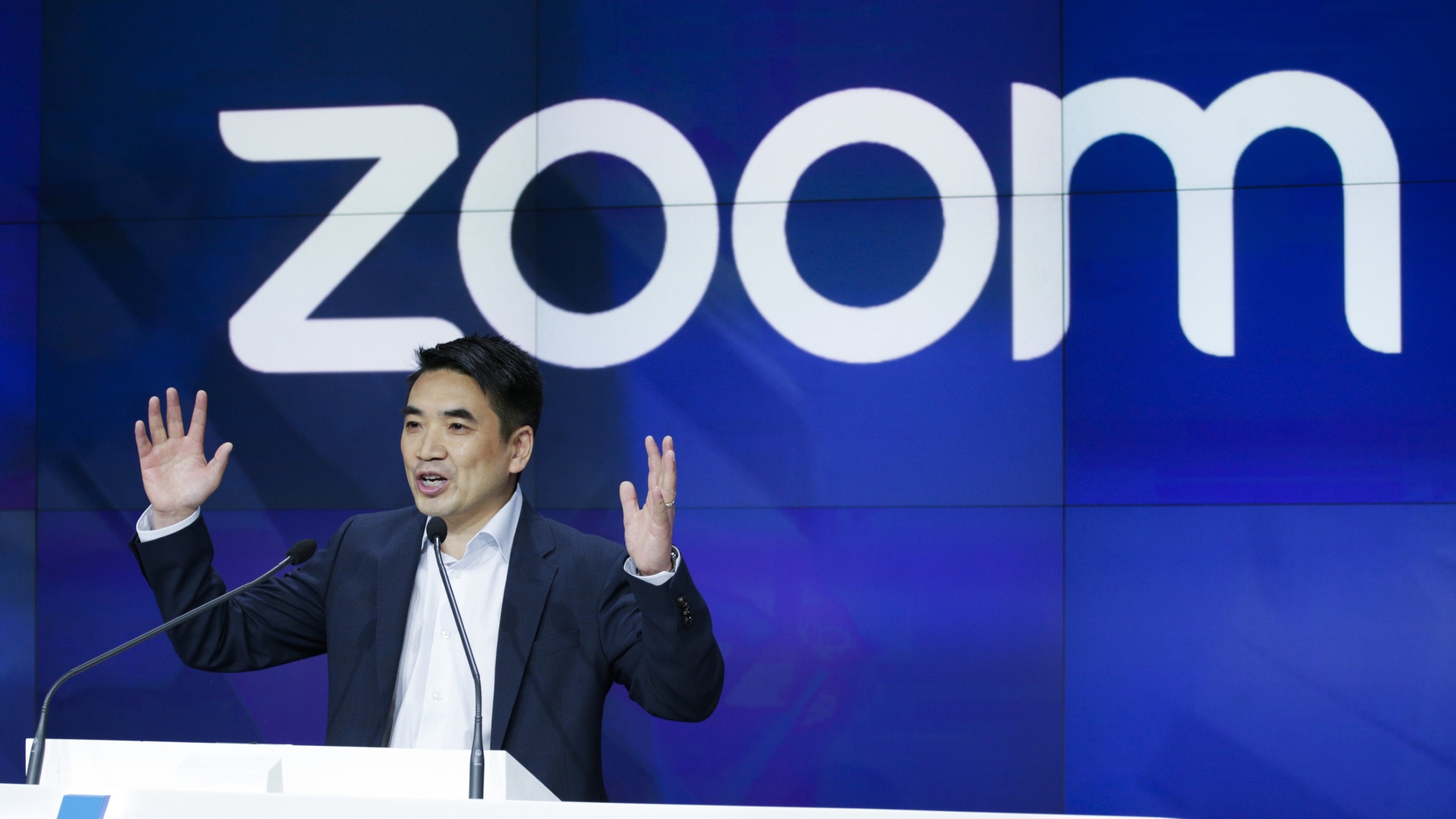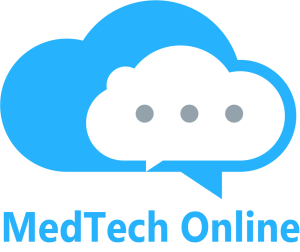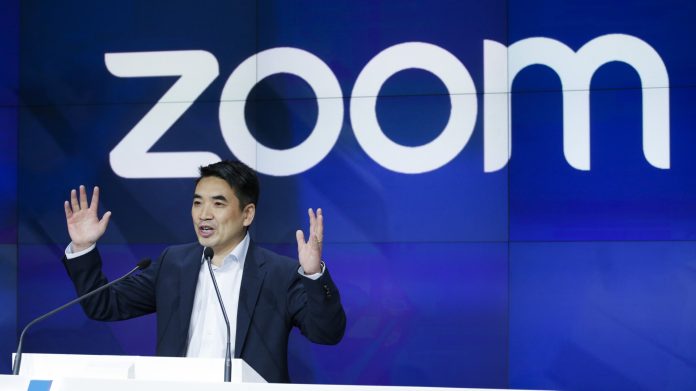As we edge closer to the end of the year, I dread having the “end-of-year fatigue” conversations with friends. Most people often complain about having to clock in at work for 40 hours a week, leaving them with little time for resting, connecting with friends and family, and, at the very least, touching grass.
In June, Microsoft released a special Work Trend Index report, which revealed that most employees feel like they are trapped in “the infinite workday.” The report suggested that a typical workday for an employee starts at 6 AM while they are still in bed.
However, the cycle doesn’t end at 5/6 PM as expected. Most employees wind up carrying work back home, leaving them with little time for personal things. The same goes for the weekend, with Sunday feeling like the new Monday since it is often used to prep for Monday’s meetings and leftover tasks from the previous week.
Microsoft indicated that the integration of AI into workflows not only boosts an employee’s morale and performance index but also provides ample time for more daunting and important tasks.
It remains to be seen if organizations will warm up to the idea, but companies like Salesforce are already knee-deep into the approach. At the beginning of the year, CEO Marc Benioff indicated that the company was seriously debating hiring software engineers while citing incredible productivity gains from agentic AIs. The executive later revealed that the company uses AI to handle up to 50% of its tasks.
A 3-day workweek might be possible with AI, but its not that glamourous

In a recent interview, Zoom CEO Eric Yuan indicated that the broad adoption of AI could soon present a three-day workweek opportunity for employees (via Fortune). He further claimed that the technology would take over mundane and repetitive tasks, allowing humans to focus on more important tasks.
However, this approach comes with its fair share of setbacks, including job loss. This news comes after Anthropic CEO Dario Amodei claimed that AI would slash 50% of entry-level white collar jobs, leaving Gen Z out of work.
Yuan isn’t alone in this. Last year, Bill Gates floated the idea of AI creating a 3-day work week for professionals by freeing them from repetitive tasks that would have otherwise consumed a lot of time that can be used for more meaningful things.
Earlier this year, the philanthropic billionaire echoed similar sentiments, suggesting that AI might present a 2-day work opportunity within the next 10 years.

Follow Windows Central on Google News to keep our latest news, insights, and features at the top of your feeds!
#Zoom #CEO #slash #workweek #workforce

